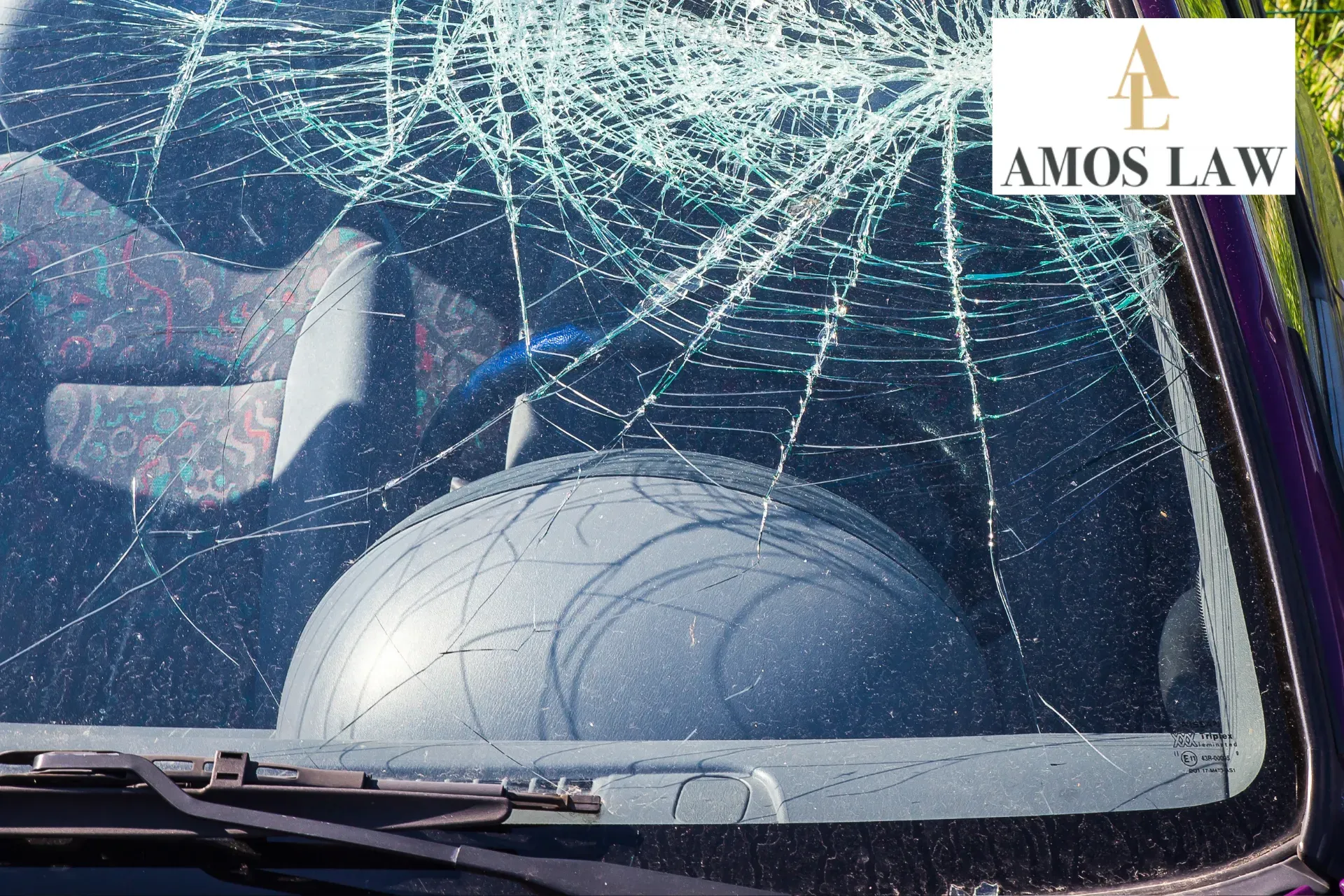5 Mistakes That Could Ruin Your Car Accident Case in NC

Getting into a car accident in North Carolina is stressful, and the legal aftermath can be even more difficult to navigate. With the state’s strict pure contributory negligence rule, even a minor mistake can completely jeopardize your ability to recover compensation. If you are found even 1% at fault, you may not be able to collect any damages for your injuries or losses.
This article highlights five key mistakes that could hurt your car accident case in North Carolina, how to avoid them, and what steps you can take to better protect your rights.
What Is the Pure Contributory Negligence Rule in North Carolina?
Before discussing common mistakes, it's important to understand how fault works in North Carolina. Under the pure contributory negligence rule, if you’re found to be even slightly responsible for the crash—even just 1%—you may not recover any compensation from the other driver. This legal standard is different from the comparative negligence systems used in most other states.
Because of this, preserving your case requires extra care after a car accident.
Mistake #1: Admitting Fault at the Scene of the Accident
Why Should You Never Admit Fault After a Car Crash in NC?
After a crash, it’s common to feel shaken or confused. In such moments, you might unintentionally say something that sounds like you’re accepting blame. But under North Carolina law, saying something like “I didn’t see them” or “It was my fault” can be used against you.
What Should You Do Instead?
- Check on all parties and ensure everyone is safe.
- Exchange insurance and contact information.
- Avoid discussing who caused the crash.
- Let law enforcement and your attorney handle the investigation.
Mistake #2: Failing to Collect and Preserve Evidence
Why Is Evidence So Important in a North Carolina Car Accident Claim?
Because of the contributory negligence standard, it’s vital to support your claim with solid evidence. Simply relying on a police report may not be enough.
What Evidence Should You Gather?
- Photos of damage to all vehicles
- Pictures of road conditions and signs
- Names and contact details of witnesses
- A copy of the police report
- Medical records and expenses
Try to collect this information right away or as soon as it’s safe. Evidence can fade quickly—skid marks disappear, vehicles are repaired, and memories fade.
Mistake #3: Waiting Too Long to Seek Legal Help
How Soon Should You Speak to a Lawyer After an Accident in NC?
Time matters. If you wait too long, you may lose access to key evidence, and deadlines can be missed. Insurance companies may use that delay to reduce or deny your claim.
Why Should You Act Quickly?
- Witnesses may not remember details.
- Physical evidence can be lost or destroyed.
- Insurers might pressure you to settle quickly.
Getting legal guidance early allows you to make decisions with a clearer understanding of how North Carolina's rules may affect your case.
Mistake #4: Not Considering Legal Exceptions Like the Last Clear Chance Doctrine
What Is the Last Clear Chance Doctrine in North Carolina?
In limited situations, you may still be able to recover damages even if you were partially negligent. The last clear chance doctrine allows a plaintiff to receive compensation if the other driver had the final opportunity to avoid the accident and failed to take it.
How Could This Help Your Case?
If the other driver could have avoided the accident but did not act, you may still have a valid claim. Additionally, if their actions rose to the level of gross negligence—such as reckless driving or driving under the influence—you may be able to pursue compensation despite having some fault.
These exceptions are narrow but important to understand.
Mistake #5: Accepting the First Settlement Offer
Why Should You Be Cautious About Early Settlement Offers?
Insurance adjusters often offer quick settlements before you fully understand your medical condition or the total cost of repairs. These early offers usually favor the insurance company, not you.
What Should You Do Instead?
- Don’t agree to anything before your medical treatment is complete.
- Understand the full cost of current and future expenses.
- Review all paperwork carefully.
Once you accept a settlement, you typically give up the right to pursue further compensation—even if new injuries or costs arise.
About Amos Law
At Amos Law, we understand how overwhelming the aftermath of a car accident can be. We assist clients in Kinston, North Carolina, and nearby areas in navigating the challenges posed by the state’s pure contributory negligence laws.
Our approach focuses on helping clients gather critical evidence, communicate effectively with insurance companies, and explore all available legal options, including exceptions such as the last clear chance doctrine and cases involving gross negligence. If you need guidance after a crash, Amos Law is ready to support you.
Frequently Asked Questions (FAQs)
Can I Recover Damages If I Was Partially at Fault in NC?
North Carolina's pure contributory negligence rule generally bars recovery if you share any fault. However, exceptions like the last clear chance doctrine may apply in specific cases.
Should I Admit Fault at the Scene of the Accident?
No. Avoid making any statements that could be interpreted as accepting blame. Instead, share only necessary information with authorities.
What Evidence Should I Collect After a Crash?
Photos, medical records, police reports, and contact details of witnesses are all useful. These items help support your case under North Carolina’s strict rules.
How Quickly Should I Seek Legal Help?
As soon as possible. Early action helps preserve evidence and gives you time to respond to insurance requests appropriately.
Is It Safe to Accept the First Settlement Offer?
Usually not. Initial offers from insurers are often lower than what you may need to cover long-term costs. Review any offers carefully before signing.
Conclusion
Dealing with a car accident in North Carolina is challenging—especially with the state’s tough stance on fault. Avoiding key mistakes such as admitting fault, delaying evidence collection, or settling too soon can protect your ability to seek compensation.
By understanding the law and acting promptly, you can position yourself for a stronger outcome. If you’ve been involved in a crash, consider seeking guidance early.
Amos Law is here to help you move forward with confidence and clarity.



